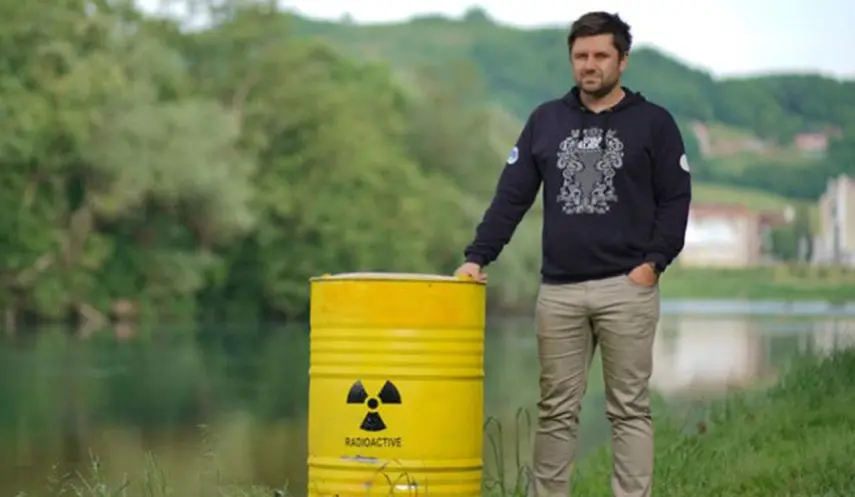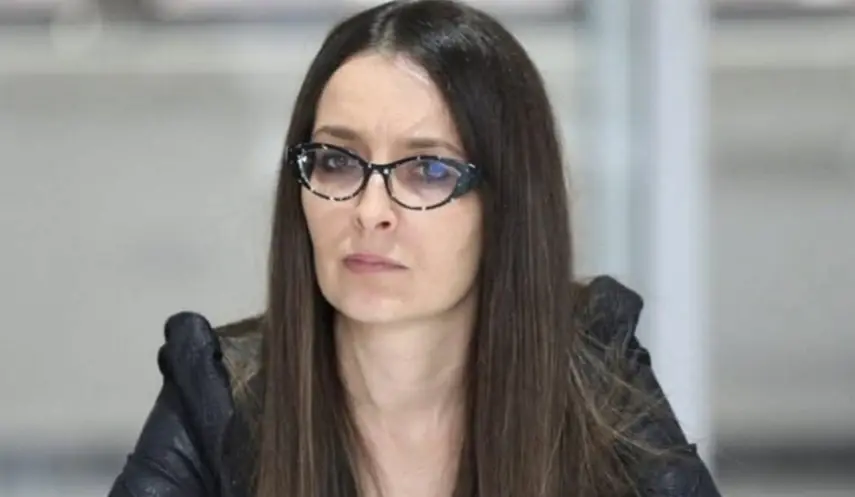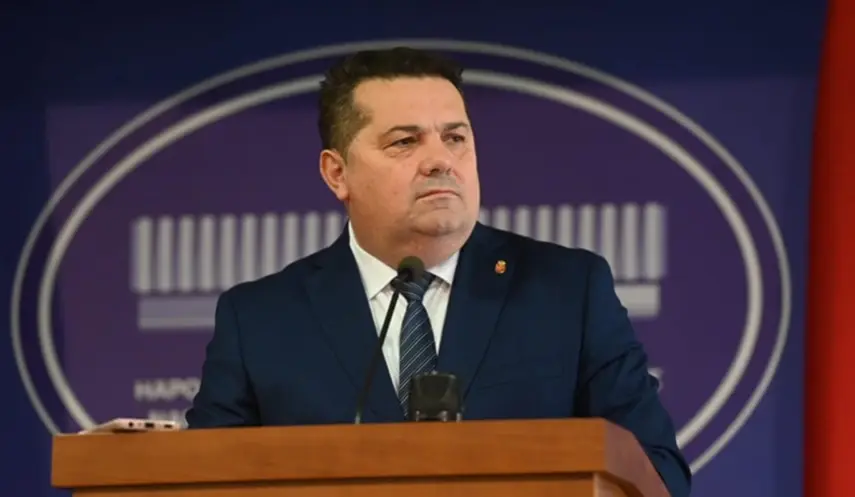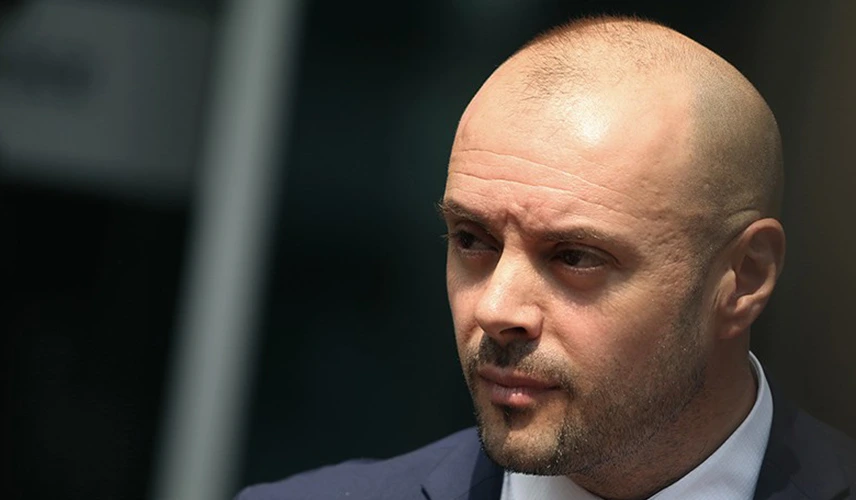CRNKOVIĆ: CROATIA FOUND LEGAL COVER FOR POLITICAL DECISION
Republika Srpska - Novi Grad - Green Team Association
07/03/2025
13:39

NOVI GRAD, JULY 3 /SRNA/ – By submitting a bill on the construction of the Radioactive Waste Disposal Centre for public consultation, the Croatian government is trying to legalize a poor and politically controversial decision through an urgent procedure, bypassing dialogue and against the will of affected communities, the head of the Green Team Association Novi Grad Mario Crnković told SRNA.
Crnković stated that, in doing so, the Croatian government has found legal cover to materialize its political will through the construction of a nuclear facility on the border with BiH.
He says the political "eeny, meeny, miny, moe" approach in insisting that Trgovska Gora remain the only site for radioactive and other hazardous waste, as well as the entire process surrounding it, represents the lowest form of mockery toward citizens, the neighbouring country, and even those friendly promotional materials explaining what the EU is.
"It seems that, in practice, the EU is not quite what is presented in those friendly promotional leaflets. One example of this is that an EU member state, instead of showing responsibility, opts to ‘push’ radioactive waste to the border. Maybe we should consider making some alternative promotional leaflets about the EU, just to present the full picture," said Crnković.
He notes that Croatia initially had four site to choose from - Psunj, Papuk, Trgovska Gora, and Moslavačka Gora.
"Out of the four locations, three were rejected by the Croatian Parliament, leaving only Trgovska Gora, which just `coincidentally` lies in the area of the former Republika Srpska Krajina - clearly as a reward for that area and a clear symbol of their attitude towards BiH," Crnković stated.
He added that many still vividly remember the events of 1997 when former Croatian Prime Minister and Parliament member Jadranka Kosor, originally from Pakrac, together with generals Markač, Čermak, and other well-known figures from the 1990s, removed Psunj and Papuk as potential sites for radioactive waste disposal in Parliament.
"1999 wasn't long ago either, when Moslavačka Gora was also removed from Croatia's spatial plan on the initiative of General Janko Bobetko, who was born in Sisak. This way, in 1999, Trgovska Gora was included in Croatia's spatial plan as a so-called `potential` site for radioactive waste disposal, which remains the only location they kept," Crnković emphasized.
He has noted that legal experts could better comment on the proposed law, but that the entire situation is nonetheless absurd.
"They have been pushing the border with BiH for more than 25 years, dragging out the entire process, and now they are tactically choosing a lex specialis law and an urgent procedure. Basically, they are passing such a law in such a way as to create a shortcut and quickly begin construction of the nuclear facility right on the border with BiH - without full respect for environmental, democratic, and international procedures," Crnković said.
He emphasized that the Green Team has been dealing with this issue for the past 10 years and that they are exhausted.
"We are calling on institutions, international organisations, diplomatic capacities, the expert community, and all those who feel they can contribute to justice to help, because everything is heading in a very bad direction," Crnković urged.
Croatia's Ministry of Economy has launched an online public consultation on the bill on the construction of the radioactive waste disposal centre.
The bill specifies that the site in question is the Čerkezovac military barracks at Trgovska Gora, in the municipality of Dvor, and that the acceptability of the project at the former military storage complex Čerkezovac will be assessed through an environmental impact assessment process.
The e-consultation will last until July 26, and it is proposed that the law be adopted through an urgent procedure.
It is planned for Trgovska Gora to store institutional radioactive waste from Croatian territory, as well as half of the low- and intermediate-level radioactive waste from the Krško Nuclear Power Plant.
Tags

RUNIĆ: SUPPORT FROM SRPSKA’S INSTITUTIONS CRUCIAL FOR IMPROVING POSITION OF SERB RETURNEES

STEVANDIĆ: STABILITY IN BiH CAN ONLY BE ACHIEVED THROUGH INTERNAL CONSENSUS

DAVIDOVIĆ: SRPSKA HAS NOT FORGOTTEN SERBS IN THE FBiH AND WILL CONTINUE TO SUPPORT THEM

MINIĆ: REQUEST FOR GRAPHOLOGICAL ANALYSIS OF ELECTIONS – PART OF PRESSURE


